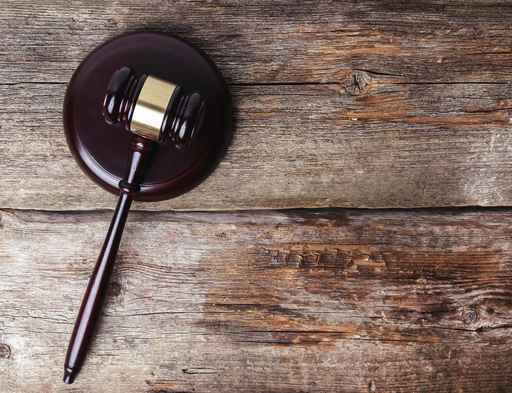 While extramarital affairs and other conduct that can lead to a divorce happen IRL (“in real life,” in Internet parlance), the evidence that can confirm or prove such activities can be found in cyberspace or in our ubiquitous electronic devices.
While extramarital affairs and other conduct that can lead to a divorce happen IRL (“in real life,” in Internet parlance), the evidence that can confirm or prove such activities can be found in cyberspace or in our ubiquitous electronic devices.
Information contained on cell phones, laptops, tablets, social media accounts, texts, and e-mail can be used as evidence in divorce proceedings under certain circumstances. But if that evidence was obtained by spying or snooping on an unsuspecting spouse, the evidence may not only be worthless in court, it can lead to criminal charges for the would-be James Bond.
Spyware, hacking, GPS trackers, and recording devices can all be used to intercept such data and communications. But there are federal and state laws that provide protections for certain electronic communications and data. When there is an expectation of privacy or confidentiality in such information, it can be illegal to access it without the knowledge of the parties to the communication.
For example, under the federal Electronic Communications Privacy Act (ECPA), it is illegal to intentionally access another person’s email or private social media messages without authorization to do.
Similarly, federal law makes it a crime to intentionally intercept or attempt to intercept a phone conversation or other electronic communication by use of electronic, mechanical or other devices. This includes the installation of spyware on your spouse’s cell phone without his or her consent.
If you live in New York and are thinking about attempting to record your spouse’s conversations without their knowledge, think again. New York’s wiretapping statute is a “one-party consent” law. This means that it is a crime in New York to record or eavesdrop on an in-person or telephone conversation unless one party to the conversation consents.
N.Y. Penal Law §§ 250.00, 250.05 provides that “the intentional overhearing or recording of a telephonic or telegraphic communication by a person other than a sender or receiver thereof, without the consent of either the sender or receiver” is a Class A felony.
As both technology and the law evolve, there will no doubt be more ways for spouses to snoop on each other and more ways that doing so could get you in trouble with the law. Your best bet is to follow these rules if you want to get electronic dirt on your spouse:
- Don’t use spyware or other methods to gain unauthorized access to or intercept your spouse’s e-mails;
- Don’t record your spouse’s phone calls or conversations without his or her permission unless you are a party to the conversation;
- Don’t plant bugging devices or “nanny-cams” in your house with the goal of using any information recorded on these devices against your spouse.
Always consult with an experienced New York divorce attorney before embarking on any efforts to obtain electronic evidence in relation to your divorce case.
At Clement Law, we provide trusted counsel and effective advocacy to individuals in New York and New Jersey going through the transition of divorce. While thorough and aggressive, we help clients resolve their cases in novel and creative ways in order to minimize strife and reach a positive resolution. If you’d like to discuss any issues relating to divorce, please give us a call at (212) 683-9551 or fill out our online form to arrange for a consultation. We look forward to assisting you.

